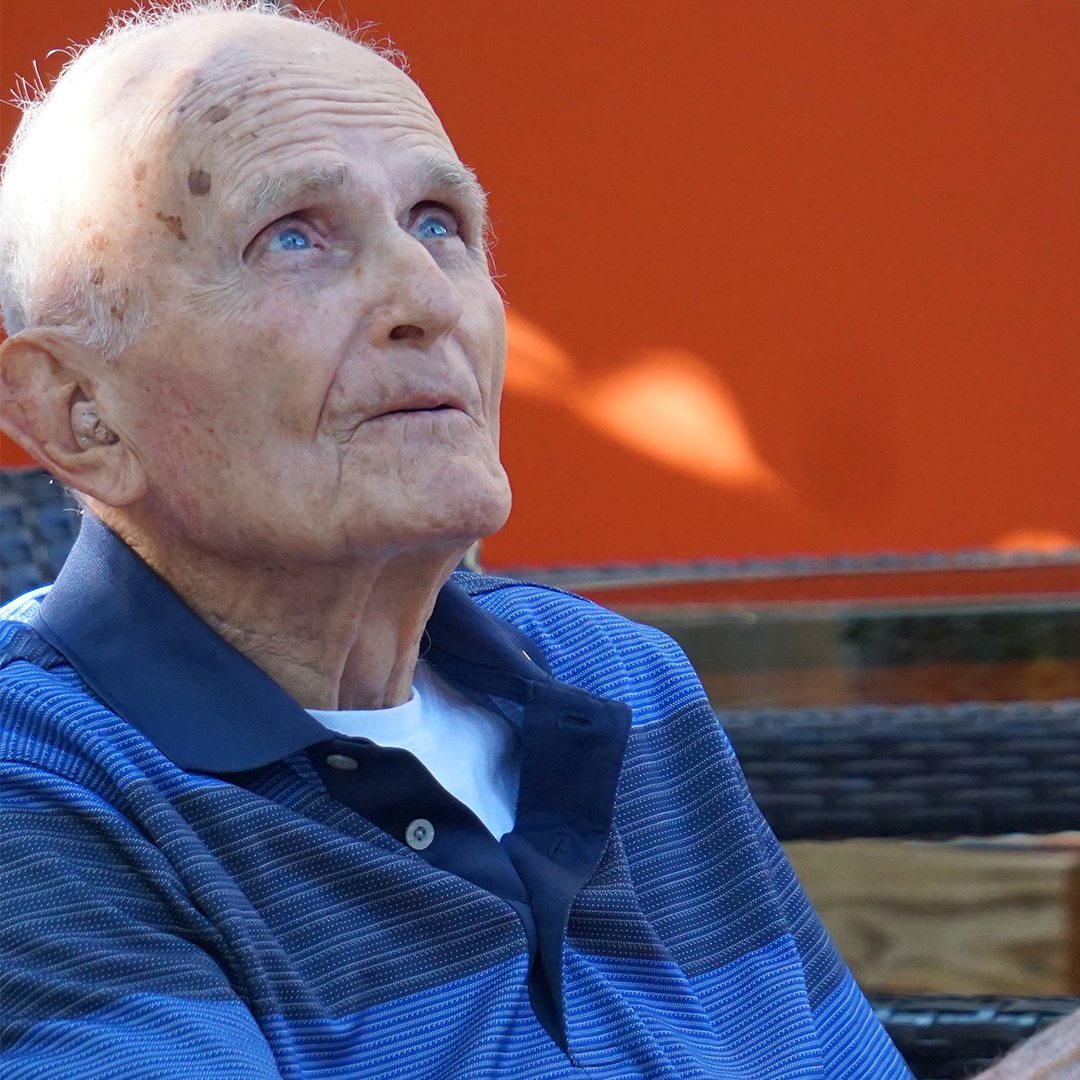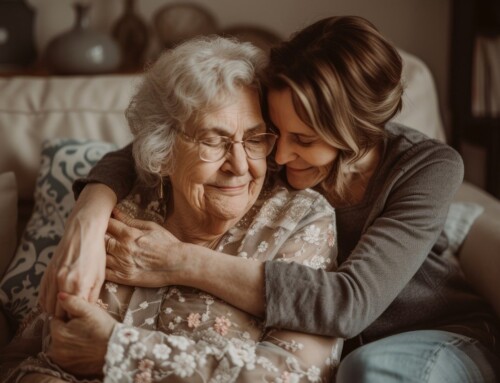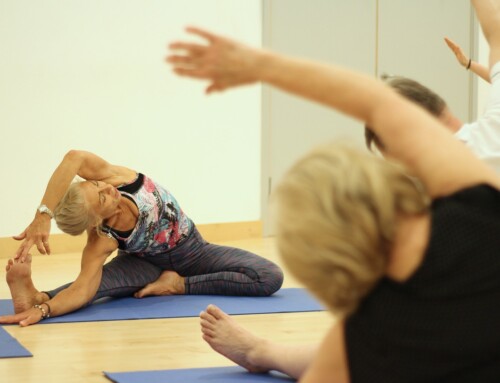If your senior loved one experiences a marked change in behavior at the end of the day, they may be sundowning. Sundowners syndrome is not considered a standalone medical condition on its own but is associated with all kinds of dementia, most notably Alzheimer’s disease. As the name indicates, sundowning takes place from late afternoon into the early evening and is characterized by a variety of behaviors, including increased confusion, aggression, or anxiety. If you have a loved one living with dementia and notice a radical change in their personality at this time of day, learning more about sundowners syndrome may provide the answers you need.
Symptoms of Sundowners Syndrome
When a senior is experiencing sundowners syndrome, they may exhibit some or all of the following symptoms to varying degrees:
- Increased anxiety, depression, or sadness
- Delusions or hallucinations
- Pacing the floor or rocking back and forth
- Overt anger, aggression, resistance, or even violent reactions
- Bursts of energy or restlessness
- Increased disorientation and confused behavior
- Screaming or crying for no obvious reason
A senior coping with sundowners syndrome may exhibit these symptoms for several hours in the evening, and then the behaviors and emotions may recede until the following evening. Physicians are uncertain as to why this may happen, but there are several identified triggers that appear to aggravate the symptoms of sundowners syndrome. These may include:
- Illness, disease, or infection
- Rooms with shadows or insufficient lighting
- Chronic fatigue
- Schedule disruption
- Vivid dreams that seem like reality
Managing the Symptoms
While family members or memory care employees may not be able to entirely eliminate the behaviors associated with sundowners syndrome, measures can be initiated to help limit any potential harm.
- Set and maintain a predictable daily schedule. This may include waking by an alarm every day, scheduled meals, structured activities, and a routine bedtime.
- Make sure the patient is exposed to adequate light during the day. Doing so helps the body to distinguish more appropriately between day and night, encouraging drowsiness once the sun sets. given our abundant Florida sunshine, getting outside daily is usually easy for area seniors.
- Avoid daytime naps as much as possible.
- Eliminate caffeine and sugar from the patient’s diet as much as possible.
- After sunset, turn off the television to reduce background noise and unwanted sensory stimulation.
- If in an unfamiliar place, provide your senior with personal pictures and favorite items (such as their pillow) to make the environment more comfortable.
- Encourage a serene environment by playing soothing music or nature sounds in the evenings.
Additional Tips for Helping Your Senior
- Limit emotional anxiety by simplifying their surroundings – declutter, avoid harsh colors, and block any light if they are trying to sleep.
- If they become stressed, confused, or angry, find a way to distract them – with their favorite music, for instance. Service animals can be can have a significant effect on calming down stress, as can taking a short walk outside.
- Provide adequate access to natural light in their apartment. If this is not possible, facilitate daily trips to a patio or outside garden area. these activities will encourage calm and help the body to recognize daytime and nighttime hours.
- Massage, essential oils, or acupuncture may alleviate the symptoms of sundowners syndrome.
- Herbal supplements such as melatonin, chamomile, kava, valerian, and holy basil can help to ease agitation and anxiety. (Discuss any changes to medications or supplements with your physician.)
At A Banyan Residence, our assisted living and memory care centers offer caring, compassionate, and skilled staff. If your senior loved one is showing signs of dementia or sundowners syndrome and you are considering local memory care, please call today to set up a tour of our facilities in the Villages.








